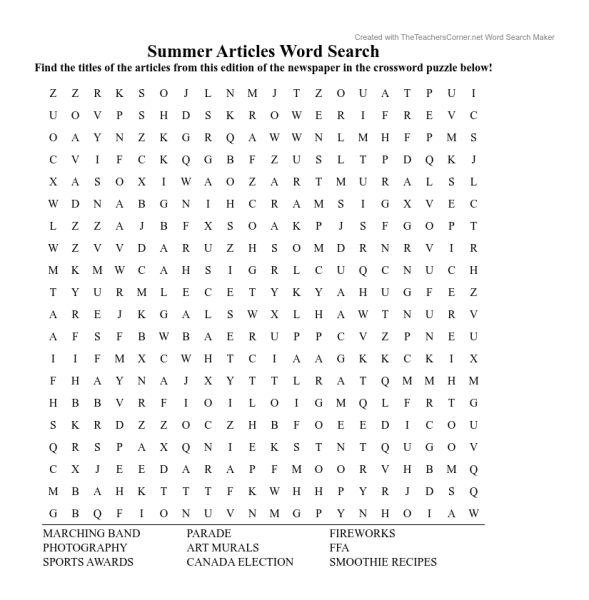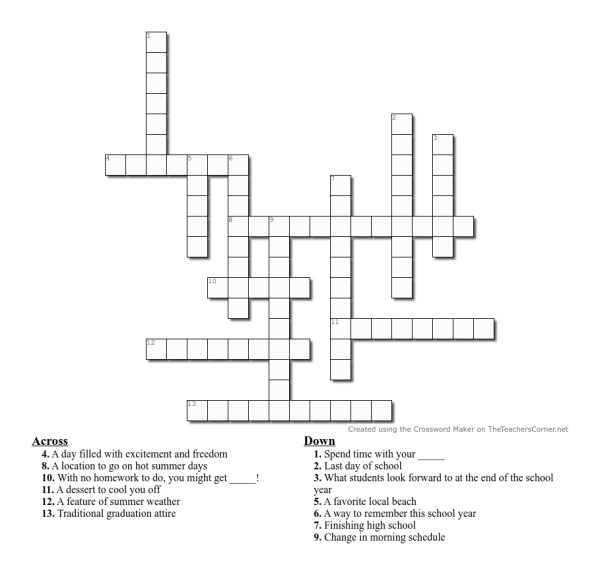Dear Tabby (December)
Dear Tabby: Recently, I have been struggling to get enough sleep. I don’t get the recommended 9 hours for a teenager, and every day I am gradually becoming more tired. How can I improve my sleeping patterns and not be a zombie 24/7?
-Zzz
Dear Zzz: The National Sleep Foundation recommends 9.25 hours of sleep every night for a teenager. Fewer hours of sleep will have a negative impact not only on your alertness, but also your emotional state, and school performance. At first, this number may seem daunting, but with a few changes to your everyday routine, you’ll be an expert sleeper in no time. First, managing your daily activities and homework will have a major impact on your bedtime. Avoid last minute homework and studying by making a to-do list. This is an excellent way to organize and prioritize homework, chores, after school activities, and hobbies. Doing small tasks like this can help you feel less stressed when bedtime rolls around. It is also important to turn off all screens within an hour before going to bed. The brightness of computer and phone screens stimulates the brain by imitating sunlight and tricking your mind into thinking it is daytime, making it far more difficult to fall asleep. If you try reading a book instead of scrolling through Kylie Jenner’s Instagram, you will appreciate your restful night in the morning. With the early start time for school, your bedtime should be around 9:30pm in order to achieve the recommended hours of sleep. Another helpful way to improve your sleep quality is to pick a bedtime and a wakeup time, and stick to them. Try to follow this schedule everyday (even on the weekends) to get your body in the routine of sleeping for 9 hours. By avoiding distractions before bedtime, organizing your time, and creating a sleep schedule, you can be well-rested, alert, and happy. However, you must remember that it takes time and commitment to find a sleeping routine that works for you; don’t expect immediate results because catching up on sleep can be a long process.
––––––––––––––––––––––––––––––––––––––––––––––––––––––––––––––––––––––––––––
Contact Dear Tabby by email ([email protected]), or submit a letter to Ms. Ambrose (Room 109).







